Living in Sudan’s Sennar ‘without a glimpse of hope’
People in eastern Sudan’s Sennar are suffering from the soaring prices and the ongoing shortages of fuel, cooking gas, and bread. Residents of Kadugli, capital of South Kordofan, stopped buying meat. Opposition forces in White Nile state stated they will peacefully protest ‘the poverty, hunger, and diseases’ in the country.
 People waiting to buy bread in Khartoum (file photo)
People waiting to buy bread in Khartoum (file photo)
People in eastern Sudan’s Sennar are suffering from the soaring prices and the ongoing shortages of fuel, cooking gas, and bread. Residents of Kadugli, capital of South Kordofan, stopped buying meat. Opposition forces in White Nile state stated they will peacefully protest ‘the poverty, hunger, and diseases’ in the country.
Speaking to Radio Dabanga from Singa, the capital of Sennar, a housewife described the current economic conditions as “extremely difficult.
“Most of the people in Singa stopped going to the markets. They now only buy food needed to keep them alive.”
She said that the continuing price rises “are creating a state of general frustration, as we have no glimpse of hope that this plight will come to an end”.
Meat
People living in the capital of South Kordofan resorted to eating beans and dried meat as they cannot afford to buy fresh meat any more.
“With the soaring prices of other basic consumer goods as well, the vast majority of the people here cannot afford to buy meat any more,” a government employee told Radio Dabanga from Kadugli. “The price of a kilo of beef increased to SDG 120 ($ 6.60*), while a kilo of mutton now costs SDG 100.
“There is no fuel to be found in the town any more since Friday,” he added.
“Most of the people in Singa stopped going to the markets. They now only buy food needed to keep them alive.”
Struggle
Opposition forces in White Nile state, south of Khartoum, have agreed “to use all peaceful means, including raising of memoranda, issuing statements, and organising demonstrations to bring down the programme of poverty, hunger, and diseases”.
In a press statement on Saturday, the political opposition forces in White Nile state announced that they will continue to pressure for the release of political detainees, the ending of the wars, and the restoration of freedoms.
The forces will jointly combat “the injustice, corruption, the misuse of the country's resources by the regime for the benefit of its own institutions, the mortgaging of lands, and the sale of public squares and stations to cover the deficit in its failing budget”.
The statement was signed by local leaders of the National Umma Party, the Communist Party of Sudan, the Arab Socialist Baath Party, the Sudanese Congress Party, and as well as by members of the Sudan People Liberation Movement-North.
Austerity measures
In December last year, the Sudanese government decided to implement a new austerity policy in a bid to solve the financial crisis in the country. The customs rate of the US Dollar was raised from SDG 6.7 to an indicative SDG 18, to halt the plummeting Pound on the black forex market. The subsidies on wheat were entirely cut, and taxes were raised.
The measures were implemented in the first week of January, leading to the doubling, and in some cases tripling of basic commodities. The Dollar rate however, continued to rise. The price of gold witnessed a major leap as well. Pharmacists have become reluctant to buy expensive medicines from abroad, as most patients cannot afford to pay for them.
Demonstrations against the soaring prices in January were violent suppressed. Hundreds of opposition leaders were detained. Journalist covering the protest were held as well and newspapers were gagged.
‘Cash mass’
On February 5, Khartoum increased the indicative exchange rate of the US Dollar again, from SDG 18 to SDG 30. The already soaring prices of wheat and sorghum jumped.
The Minister of State for Financial Affairs admitted to members of Sudan’s Parliament at the time that billions of Pounds were printed in the past years. The extra banknotes were spent to support the wheat, fuel, and electricity needs in the country, he explained.
In mid February, the Central Bank of Sudan restricted the issuance of currency in a new bid to halt the Pound’s downward slide against the US Dollar on the parallel forex market. President Omar Al Bashir stressed the need to continue the new financial policy in order to absorb liquidity so as to reduce the cash mass outside the banking system “to be used in productive projects”.
On Thursday, the Dollar rate at the black market recorded SDG 32, after it sold for a high SDG 42 in early February.
The International Monetary Fund (IMF) advised Sudan last year to turn to “Tighter monetary policy [..] needed to reduce inflation and would be greatly facilitated by phasing out costly and untargeted energy subsidies”, and recommended “measures for the expansion of social safety nets to support the most vulnerable”.
* Based on the official US Dollar rate quoted by the Central Bank of Sudan (CBoS)








 and then
and then